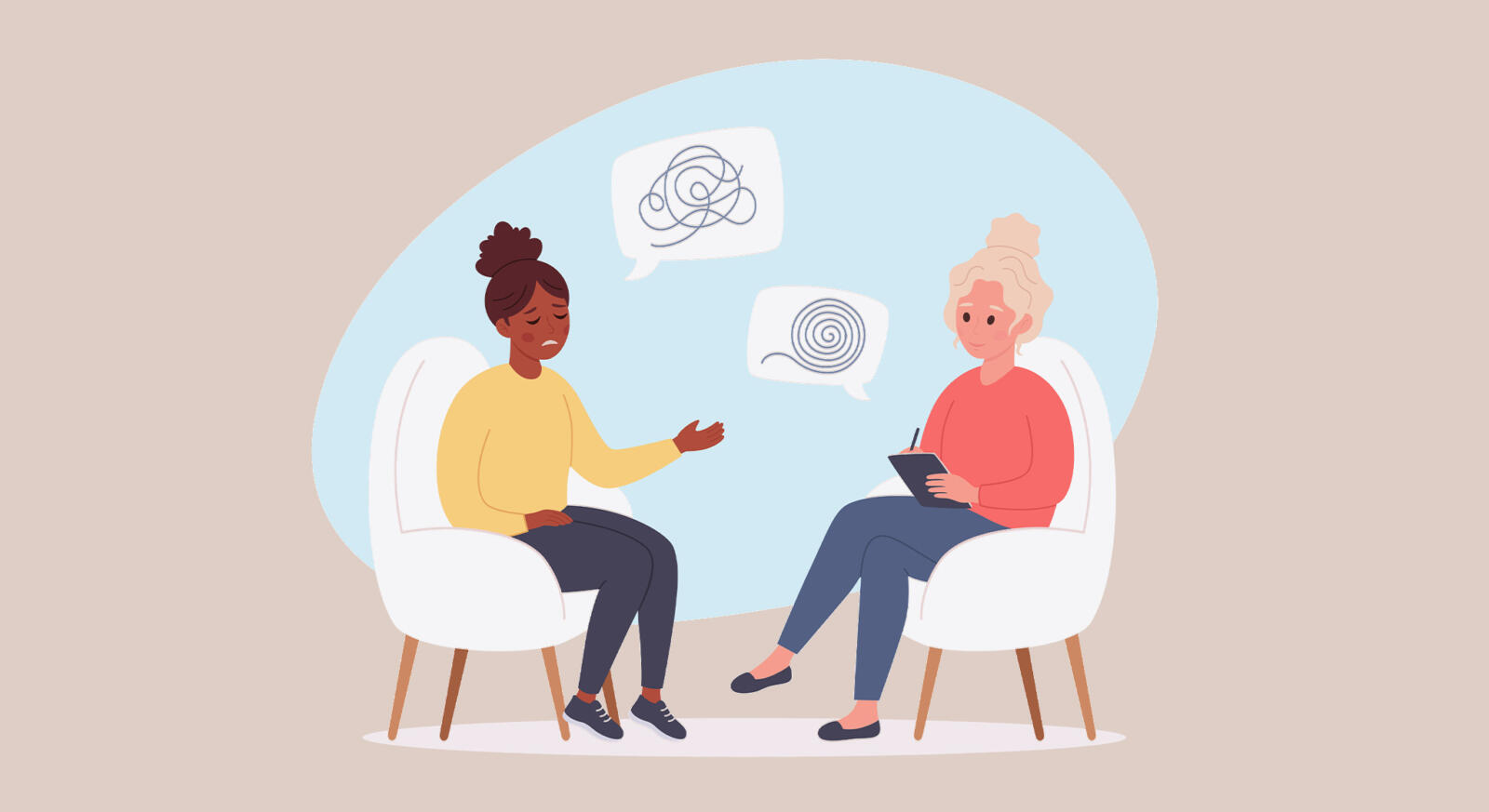In our society today, people tend to hold a specific image of people in therapy which is people with mental illness who are not capable of dealing with their issues on their own and thus need a therapist. There is a societal stigma around therapy and a notion that people who turn to it as a tool for their mental health are weak or that the only people who need therapy are those who are mentally ill. A major cause for this misconception is the miseducation around therapy. For instance, it is not uncommon for immigrant parents to not understand the “American” concept of therapy and might instill into their children the value that therapy is for “crazy” people. However, this could not be further from the truth and therapy has the potential to be beneficial for anyone as a valuable tool for personal growth and overall well-being. It is absolutely not something reserved for only the mentally ill.
Therapy can help with personal development, emotional support, and improved quality of life. It is an outlet to process feelings and emotions or even just have an unbiased ear to tell about the things going on in your life (your counselor is there for YOU and you only and is there to listen and help in any way you need). Therapy provides a safe and non-judgmental space where you can explore their thoughts, emotions, and behaviors which can help you gain insight into your own patterns, motivations, and beliefs. This heightened self-awareness can lead to personal growth, improved decision-making, and a better understanding of your own needs and desires.
Even if you do not have any diagnosed mental illnesses it is still common to get overwhelmed by the things going on in your life and need to sort your mind out. Therapy can equip you with effective coping strategies and problem-solving skills to navigate these everyday difficulties.
Unfortunately, there are some therapists you won’t make that personal connection with, which might make sessions with that counselor less beneficial than they have the potential to be. This can deter people from trying therapy again, leading them to think that therapy just isn’t for them but the truth is it takes time and patience to find the right counselor so therapy can actually be productive. In addition to that, sharing their experiences can deter their friends from trying at all. It is important to be patient and willing to go through some trial and error to find the best counselor for you so that you can reap all the benefits in their full capacity. This is all not to say that everyone needs to be in therapy. However, if you feel like you need a little extra help and are on the fence considering counseling but feel like it isn’t for you because you don’t have any mental illnesses, hopefully, this article eases your mind and helps you feel more confident in your consideration of therapy.






